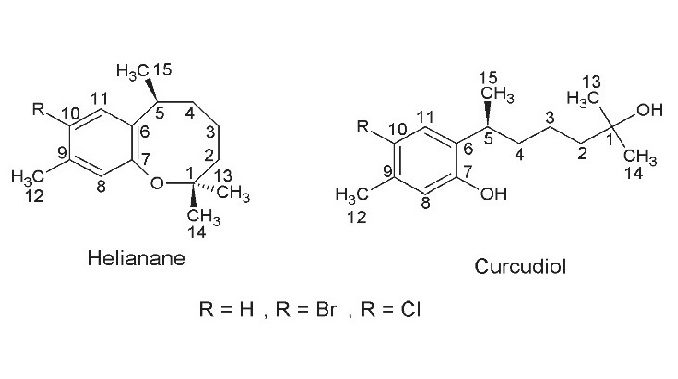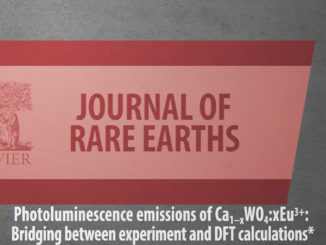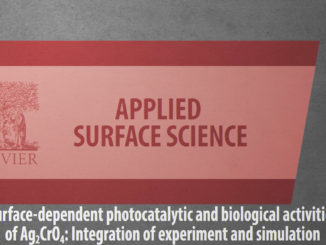
Revisiting the structure of Heliannuol L: A computational approach
Abstract: Recently, structural elucidation of natural products has undergone a revolution. The combined use of different modern spectroscopic methods has allowed obtaining a complete structural assignment of natural products using small amounts of sample. However, despite the extraordinary ongoing advances in spectroscopy, the mischaracterization of natural products has been and remains a recurrent problem, especially when the substance presents several stereogenic centers. The misinterpretation of nuclear magnetic resonance (NMR) data has resulted in frequent reports addressing structural reassignment. In this context, a great effort has been devoted to developing quantum chemical calculations that simulate NMR parameters accurately, allowing to achieve a more precise spectral interpretation. In this work, we employed a protocol for theoretical calculations of 1H NMR chemical shifts and coupling constants using density functional theory (DFT), followed by the application of the DP4+ method to revisit the structure of Heliannuol L, a member of the Heliannuol class, isolated from Helianthus annuus. Our results indicate that the originally proposed structure of Heliannuol L needs a stereochemical reassignment, placing the hydroxyl bonded to C10 in the opposite side of the methyl and hydroxyl groups bonded to C7 and C8, respectively.
Author(s): Martorano, L.H.; Brito, J.T.; Albuquerque, A.C.F.; Ribeiro, C.M.R.; Fiorot, R.G.; Carneiro, J.W.M.; Costa, F.L.P.; Valverde, A.L.; Santos Junior, F.M.
Magn Reson Chem 2022
Published: 05 November 2021
DOI: https://doi.org/10.1002/mrc.5230
CDMF
The CDMF, hosted at the Federal University of São Carlos (UFSCar), is one of the Research, Innovation and Dissemination Centers (RIDC) supported by the São Paulo State Research Support Foundation (Fapesp), and also receives investment from the National Council Scientific and Technological Development (CNPq), from the National Institute of Science and Technology of Materials in Nanotechnology (INCTMN).




